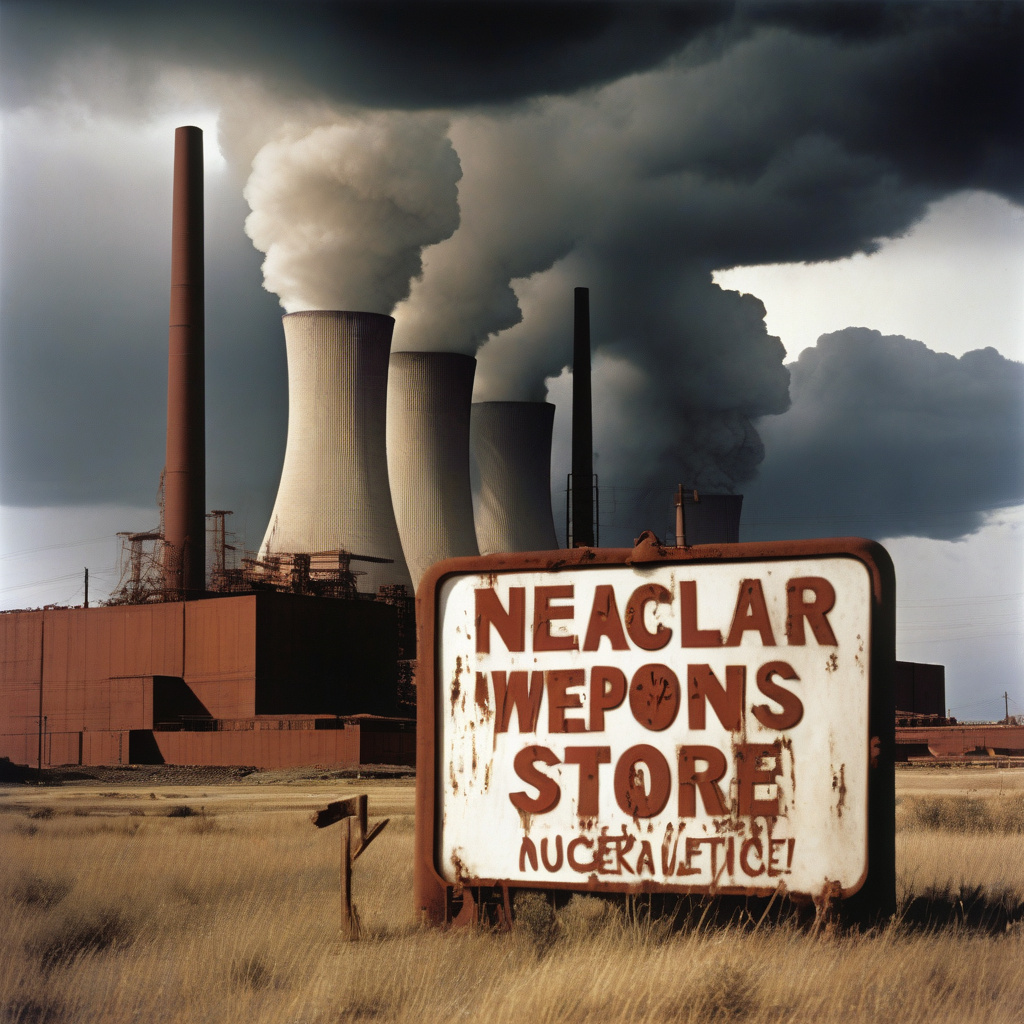Russia Exits US Nuclear Pact to Reclaim 34 Tons of Plutonium
Russia has officially pulled out of an important agreement with the United States regarding how to handle excess nuclear materials. This move has raised concerns globally about the proliferation of nuclear weapons and the potential consequences for international security. The agreement in question, known as the Plutonium Management and Disposition Agreement (PMDA), was originally signed in 2000 with the goal of reducing the threat of nuclear proliferation by ensuring that excess weapons-grade plutonium from Russia and the US would be converted into reactor fuel.
One of the key provisions of the PMDA was that each country would dispose of at least 34 tons of weapons-grade plutonium by irradiating it in nuclear reactors. However, Russia has recently announced its decision to withdraw from the agreement, citing “unfriendly actions” by the United States as the primary reason for its exit. This move comes as part of a broader deterioration in US-Russia relations, with both countries accusing each other of violating various arms control agreements.
By exiting the PMDA, Russia now plans to use its excess plutonium for military purposes, raising concerns about the country’s nuclear ambitions. The decision to reclaim 34 tons of plutonium for potential use in nuclear weapons has sparked condemnation from the international community, with many experts warning that it could set a dangerous precedent for other countries to follow suit.
The implications of Russia’s withdrawal from the PMDA are significant, not only for global non-proliferation efforts but also for the future of arms control agreements between major nuclear powers. The move has reignited fears of a new arms race, as countries may feel compelled to bolster their nuclear arsenals in response to perceived threats from rivals.
In response to Russia’s actions, the United States has expressed deep regret over the decision to exit the PMDA, emphasizing the importance of upholding international agreements to prevent the spread of nuclear weapons. The US has called on Russia to reconsider its stance and return to compliance with the terms of the agreement, but it remains unclear whether diplomatic efforts will be successful in reversing the course of action.
The situation underscores the fragility of arms control agreements in an increasingly uncertain geopolitical landscape. With tensions between nuclear-armed states on the rise, the future of nuclear non-proliferation efforts hangs in the balance. It is essential for the international community to redouble its efforts to prevent the spread of nuclear weapons and ensure that agreements like the PMDA are upheld to maintain global security and stability.
As Russia’s withdrawal from the PMDA reverberates across the world, it serves as a stark reminder of the urgent need for continued dialogue and cooperation on nuclear disarmament. The stakes are high, and the consequences of failure are too grave to ignore. The time to act is now to safeguard a world free from the threat of nuclear conflict.
nuclear, Russia, US, arms control, international relations












